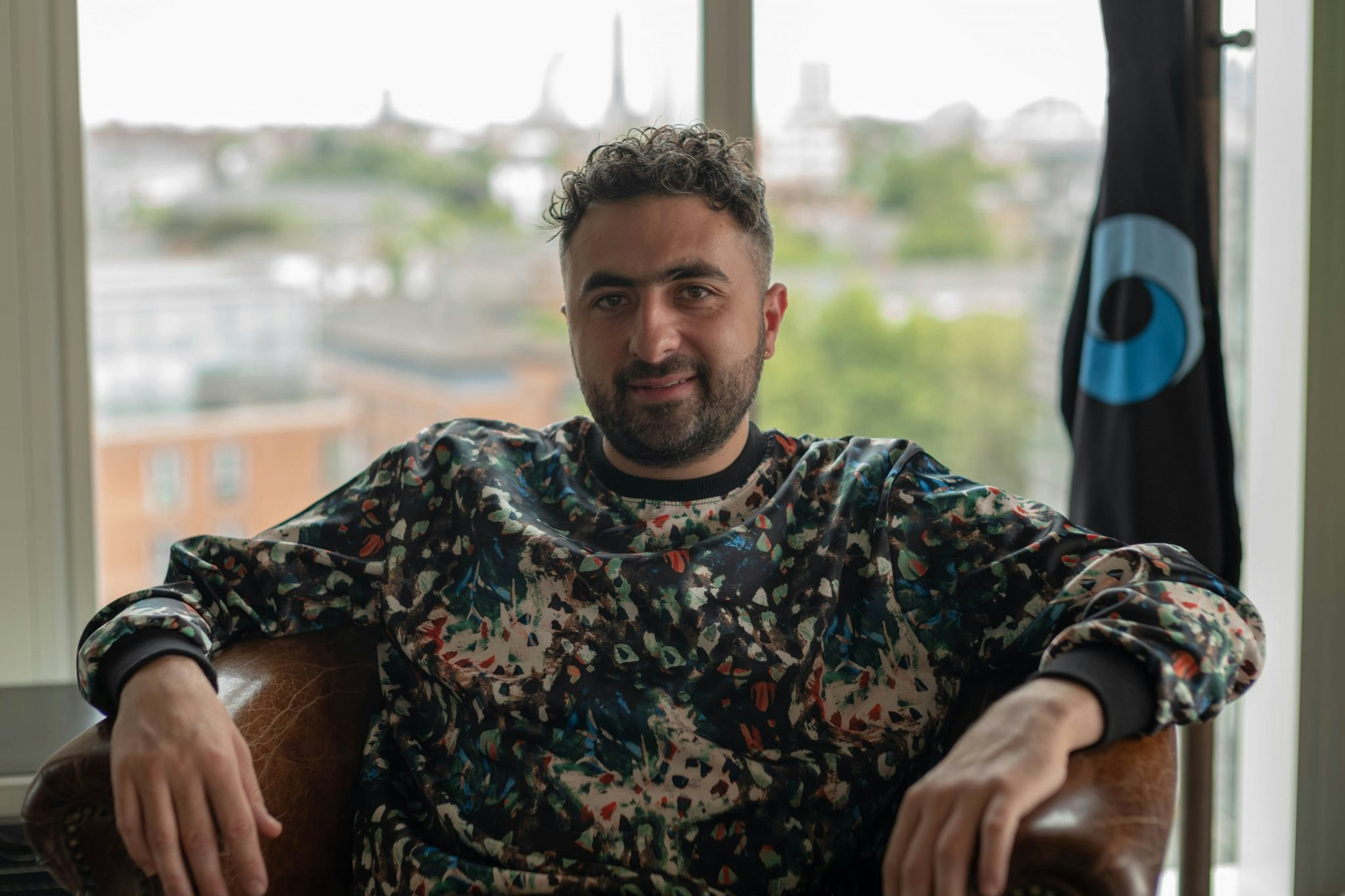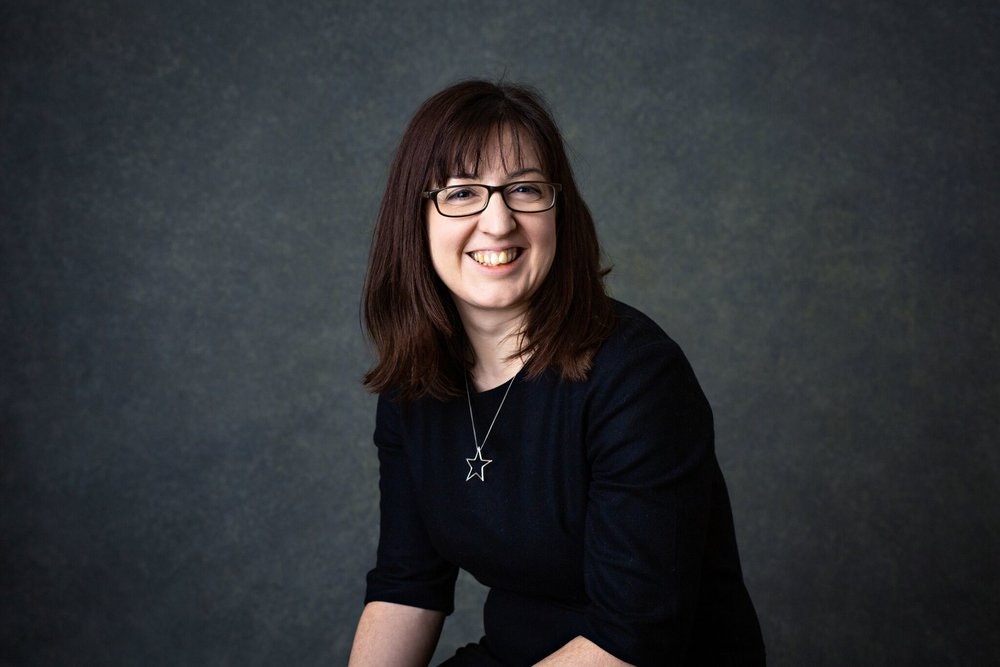Mustafa Suleyman, one of the three founders of the DeepMind artificial intelligence lab, has been keeping a low profile over the last few months. But that all changed yesterday when he revealed that he is officially leaving DeepMind to join sister company Google in a yet to be disclosed position.
Suleyman, 35, stepped away from the AI startup he built with childhood friend Demis Hassabis and Kiwi Shane Legg out of the blue this summer, shocking those in the industry in the process. He said he needed a "break to recharge" and he was expected to return by the end of the year, although it was never 100 per cent clear if he would or not.
"After a wonderful decade at DeepMind, I'm very excited to announce that I'll be joining @Kent_Walker, @JeffDean and the fantastic team at Google to work on opportunities & impacts of applied AI technologies," Suleyman wrote on Twitter yesterday. "Can't wait to get going! More in Jan as I start the new job!"
The true reason for Suleyman's DeepMind exit isn't clear, but some have speculated that it may be due to the reported tensions between DeepMind and Google.
Google acquired DeepMind for £400 million in 2014, just four years after it was incorporated. Following the acquisition, Suleyman was tasked with leading DeepMind's applied AI division, which set out to find commercial uses for DeepMind's technology in the real world and across Google's products (Search, Android, YouTube, etc). He also led the company's ethics work.
He set up a unit called DeepMind Health and quickly started working with a number of NHS trusts on a patient monitoring app called Streams. But things didn't quite go to plan. The UK data regulator ruled that DeepMind's data-sharing agreement with the Royal Free NHS Trust in London was illegal, and the company (known as Google DeepMind at this stage) was widely criticised in the media.
The incident didn't go down well with Google execs in Mountain View, and in November 2018 Google decided it would be best to fold DeepMind Health into its own Google Health, effectively taking away Suleyman's baby from his control.
Suleyman, who joined The Economist as a non-executive director in June, also wanted to use DeepMind's AI to help tackle climate change. He successfully led a project that enabled Google to reduce the amount of energy the cooling units in its huge server farms use, but his talks with National Grid didn't materialise.
DeepMind has arguably had more success at building AI agents that can't be applied to Google's products, or the real world. For example, the company is best known for its game-playing AI agents, which have made headlines around the world on countless occasions for mastering complex games like the ancient Asian board game of Go.
Earn-out period
Google gave DeepMind's shareholders an initial sum when it bought the company, but it pledged to make a number of follow on payments to the founders based on DeepMind's performance post-acquisition.
Most acquisitions have an earnout period that lasts for around three to five years. In the case of Google and DeepMind, the earnout period ended in March this year, leaving early shareholders free to leave without the risk of losing out on future windfalls.
Analysis of an annual return document on UK company register Companies House showed that Suleyman owned 867,672 of DeepMind's 16,406,358 shares when the company was bought by Google. Hassabis owned 3,435,605 shares, and Legg owned 736,406. Other shareholders included billionaires like Peter Thiel, Elon Musk, and Li Ka-shing, who backed the company through their various investment vehicles.
Unlike Google's leaders, Suleyman is not a techie by background. He studied philosophy and theology at Oxford University, before dropping out to set up a counselling service for young Muslims. From there, he went on to work for former London Mayor Ken Livingstone, before moving on to set up a consultancy practice called Reos Partners that counted the UN, the US government, the Dutch government, WWF, and Shell among its clients.
Some more technically inclined Googlers see Suleyman as something of an imposter, one source with links to the company said, but he's also got many admirers both in and out of Google.
Hassabis praised Suleyman's contribution in a blog post published on DeepMind's website on Thursday.
"As a serial entrepreneur, Mustafa played a key role over the past decade, helping to get DeepMind off the ground, and launched a series of innovative collaborations with Google to reduce energy consumption in data centres, improve Android battery performance, optimise Google Play, and find ways to improve the lives of patients, nurses and doctors alike," he said.
"Mustafa leaves DeepMind having helped set us up for long-term success, and I'm looking forward to what he'll achieve in the years ahead as he joins Google in a new role."

